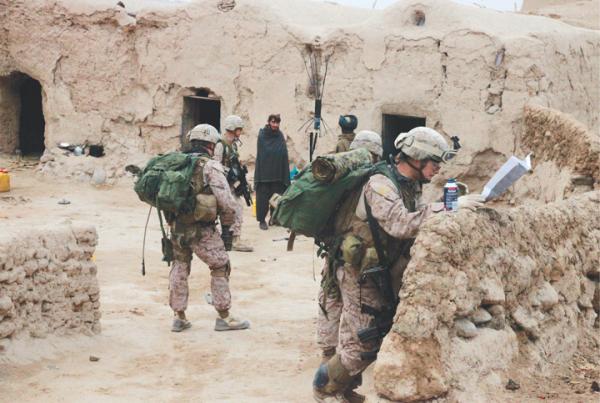
Shifting Targets
Proceedings, October 2012 We must reconsider our strategic perspective and organizational culture amid an emerging naval revolution. Today’s U.S. Navy…
Copyright 2024 U.S. Naval Institute. All Rights Reserved.